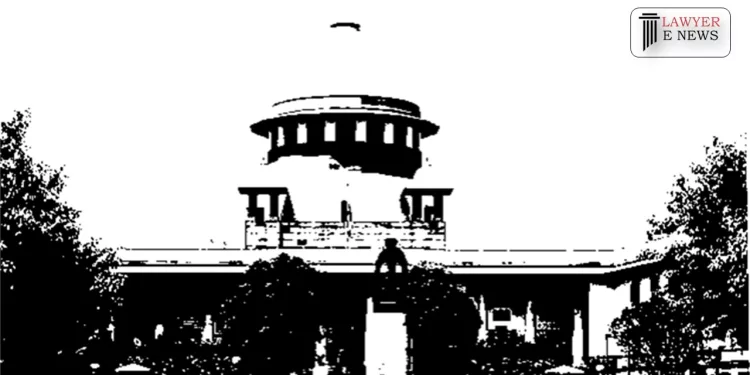Suspicion, However Strong, Cannot Take Place of Proof Beyond Reasonable Doubt – Supreme Court Acquits Ravinder Kumar of Murder, Upholds Dowry Death Conviction

Emphasizing the critical difference between suspicion and proof beyond reasonable doubt, the Supreme Court of India, led by Justices B.R. Gavai and Sandeep Mehta, acquitted Ravinder Kumar of murder charges under Section 302 IPC but upheld his conviction under Sections 304B and 498A for dowry death and cruelty. This significant judgment, delivered on March 6, 2024, pivots on the nuanced interpretation of circumstantial evidence and alibi in criminal law.
Legal Point:
The apex court’s decision primarily hinged on the interpretation and application of the legal principles governing circumstantial evidence and the concept of alibi. The judgment underscores the significance of distinguishing between ‘suspicion’ and ‘proof beyond reasonable doubt’ in criminal jurisprudence, especially in cases relying on circumstantial evidence.
Facts and Issues:
The case stemmed from the death of Meena, Ravinder Kumar’s wife, whose body was discovered in a pool of blood in May 2004. The prosecution’s case was built on circumstantial evidence, including the recovery of bloodstained clothes and documents, which were later deemed unreliable. The primary issue was whether these circumstances unequivocally pointed towards Kumar’s guilt or if there was room for an alternate hypothesis.
Court’s Assessment:
The Supreme Court meticulously analyzed each piece of circumstantial evidence. The court observed, “It is necessary for the prosecution that the circumstances from which the conclusion of the guilt is to be drawn should be fully established.” The bench emphasized that “the circumstances should be such as to exclude every possible hypothesis except the one to be proved.” Acknowledging the gaps in the prosecution’s narrative, the Court concluded that the evidence did not form a complete chain leading to Kumar’s guilt beyond a reasonable doubt.
Furthermore, the Court found the plea of alibi raised by Kumar to be significant. In the absence of definitive evidence placing him at the crime scene during the crucial period, his conviction under Section 302 IPC for murder was deemed unsustainable.
Decision:
While acquitting Ravinder Kumar of the murder charges, the Court restored his conviction under Sections 304B and 498A, pertaining to dowry death and cruelty, respectively. Given that Kumar had already served over fifteen years in prison, the Court waived the fine and ordered his immediate release, conditional on his not being required in any other case.
Date of Decision: March 6, 2024
Ravinder Kumar vs State of NCT of Delhi






